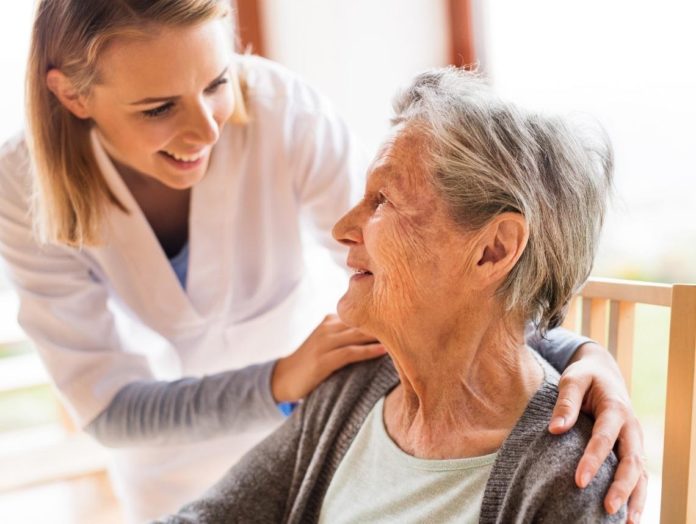The most common tasks for in-home senior caregiving include:
1. Home Management and Care Planning
It can be difficult to know how much loyalty can be offered to others. One useful way of ensuring that all tasks are adequately covered is to create a care plan for home management and health care. This plan should be established with the input of the medical team, family members and all service providers. A basic time and money budget can therefore be devised to establish proper care expectations.
2. Medical Advocacy
While it is useful for one doctor to supervise all of a senior care (recommended geriatric specialist), family members and carers still need to take on the role of advocate in order to ensure that appointments are made, medicines are properly prescribed and questions are caught and addressed well before life-threatening conditions arise. The Care Givers in Bangalore may also be asked to check health insurance documents, accounting and physician orders to ensure that the elderly person is not overcharged or treated in inconsistency with his or her health care plan.
3. Prescription Medication Management
Because medicines come under the health umbrella, it can be tending to do both with the same person. Nevertheless, their prescriptions can increase at an alarming pace as people get older. Many patients can take more than a dozen different medications at a time and the sheer number of medications that require the prescription, shift, administration and order taking of one committed health care professional. Because some of the medications are targeted for fraud, controlled drugs should also be locked and recorded on a daily basis. This CareGivers in Chennai will also periodically monitor the drug stock.
4. Help with Personal Hygiene and Care
For many elderly people, assistance is provided once they begin to struggle with the more intimate tasks of daily life, known as the daily activities. Help for bathing, toilet use, purification after sickness or hair washing and combing may be a required step for ageing. As it is a sensitive topic, make sure that the caregiver is kind and compassionate. You do want anyone who manages hygiene to have a clear record of dealing with the elderly.
5. Assisting with Meals and Nutrition
It’s not necessary to allow a caregiver to feed. Indeed, since many older people lose their appetite and consume less calories as they age, the food they eat must be best-nourished. This is also investigated how food reacts with its drugs or causes other conditions such as high blood pressure or diabetes to worsen. Anyone who is concerned with grocery shopping, menu planning and food preparation will consult with a nutritionist to ensure that both meals and snacks match your beloved care plan.
6. Help with Mobility
If they learn to move someone appropriately from their wheelchairs to the bathroom or know the signs of someone at risk of falling, the skills a caregiver needs to ensure safe mobility both inside and outside the home are important. Proper methods of “transfer” (those used to move the loved one from one place to another) are necessary to avoid harm to both the caregiver and the elderly. Care can be difficult on the person’s body, and the right knowledge can later prevent painful errors.
7. Home Maintenance and Housekeeping
A strong caregiver should be experienced in basic cleaning and repair. They don’t have to help out or make the dishes. Knowing just how a toilet dip works and feeling comfortable changing a light bulb are just two examples of how a caregiver can also help a senior manager avoid costs when they are not required.
8. Transportation
When people get older, they can feel the need to retire and not leave. A compassionate caregiver may provide some normality by taking them and their required medical appointments to social events. Whether you pick up books at the library or get them to clean their teeth so that they can cure what they need and want, it helps your loved one to achieve a healthy quality of life.
9. Keeping Them Company
The industry is used to naming caregivers “companions,” for a good reason. Relationships can affect the challenge of an older person battling illness or adhering to strict dietary requirements. People are supposed to deal with the struggles of aging because they have people around them. Caregivers should be given assignments to achieve this purpose. From playing games to talking about coffee, this more relaxed treatment element is one of the most significant.
10. Financial Accountability
While the senior already has someone managing his or her finances (usually a lawyer), a caregiver may be assigned certain support tasks. Tasks can vary from the mailing of a service payment to tax planning. The person responsible for these tasks should be trustworthy and able. Everyone who has access to bank accounts or debit cards or checkbooks will pass at least a background check.









